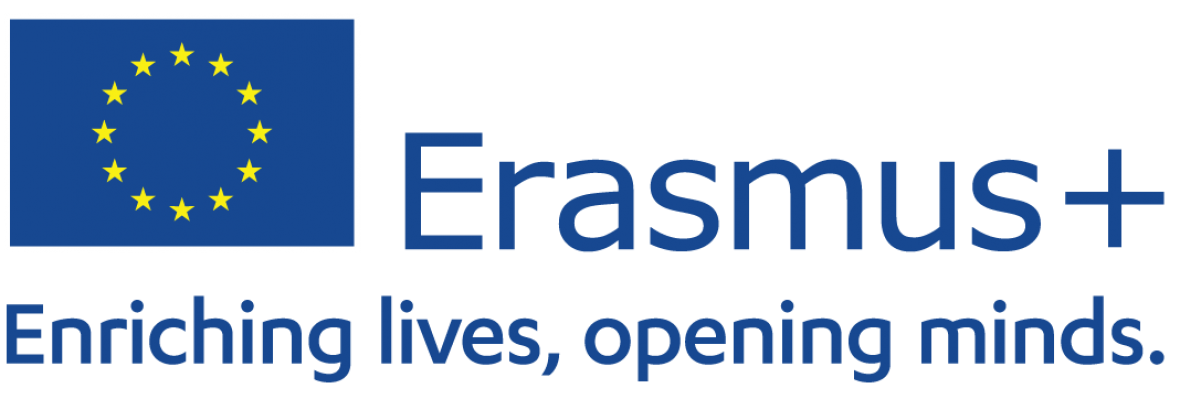Erasmus+ Programme
ERASMUS+ is the EU Programme in the fields of education, training, youth and sport.

In order to achieve its objectives, the Erasmus+ Programme supports partnerships for cooperation initiatives.
Supporting and facilitating the transnational and international cooperation between organisations in the fields of education, training, youth and sport is essential to empowering people with more key competences, reducing early school leaving, and recognising competences acquired through formal, informal, and non-formal learning. It facilitates the circulation of ideas, the transmission of best practices and expertise, and the development of digital capabilities. This contributes to a high quality education while strengthening social cohesion.
The partnerships for cooperation actions enable participating organisations to gain experience in international cooperation and to strengthen their capacities, but also to produce high-quality innovative deliverables.
At systemic level, they are expected to trigger modernisation and reinforce the response of education and training systems and youth policies to the main challenges of today’s world: environmental sustainability, digital transformation, employment, economic stability and growth, but also the need to promote social, civic and intercultural competences, intercultural dialogue, democratic values and fundamental rights, social inclusion, mental health and well-being, non-discrimination and active citizenship, critical thinking and media literacy.